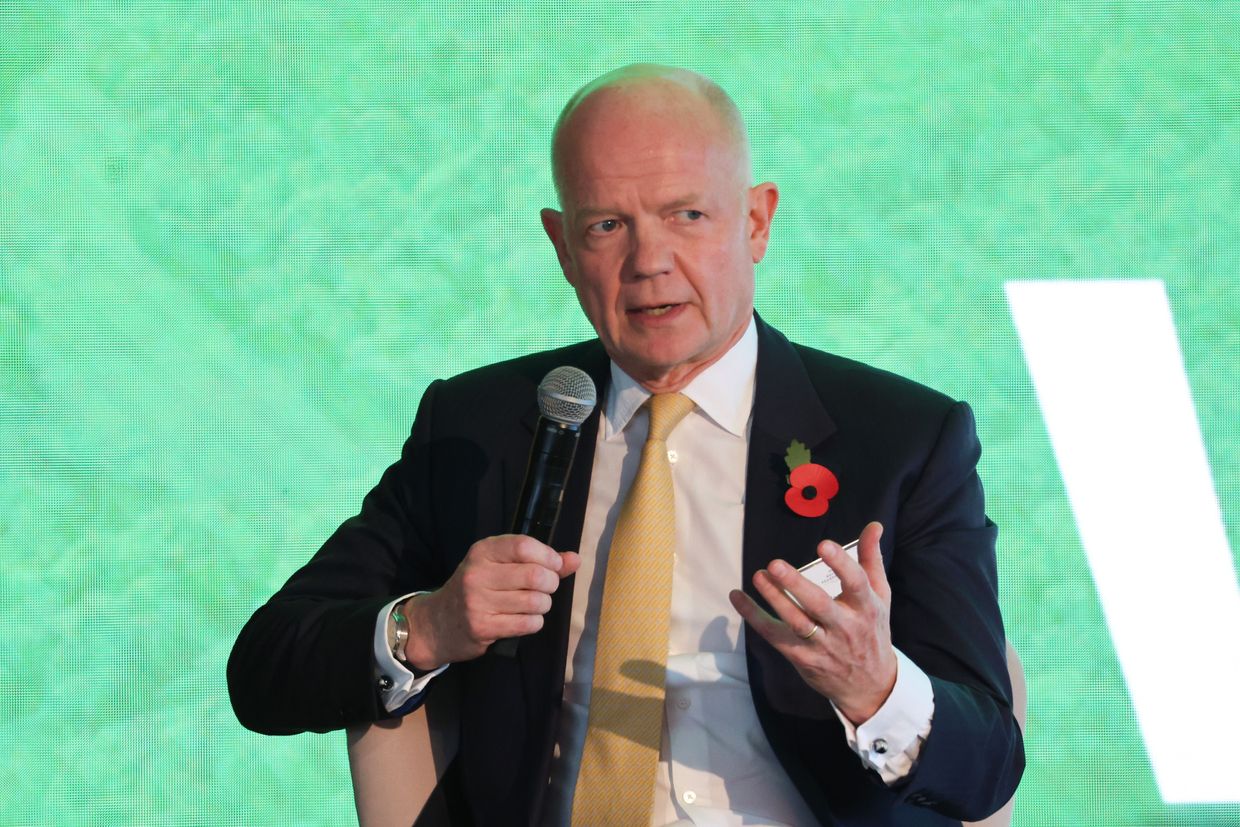Russia's military intelligence (GRU) offered a $200,000 bounty to Afghan militants for every U.S. or coalition soldier killed before Washington announced its withdrawal from the country, The Insider and Der Spiegel reported on Jan. 8.
The joint media investigation sheds fresh details on reports of Russia-sponsored killings of U.S. soldiers that first surfaced in 2020, including names of Russian intelligence officers and their local collaborators involved.
According to the investigation, the operation was overseen by Lieutenant General Ivan Kasyanenko, deputy commander of Unit 29155, a notorious group connected to Sergei Skripal poisoning in the U.K. and sabotage operations in Europe.
Russia reportedly paid the Taliban at least $30 million altogether for attacks on coalition soldiers.
GRU contracted the killings to ramp up pressure against Western countries and force their retreat from the country, The Insider and Der Spiegel wrote. The attacks stopped after then-U.S. President Donald Trump struck a deal in early 2020 to withdraw from Afghanistan.
The investigation also said that both the former Afghan administration and the U.S. were aware of the bounty program. The National Directorate of Security, Afghanistan's security agency before the Taliban takeover in 2021, learned about the scheme during interrogations of Taliban militants in mid-2019, the investigation said.
Trump was broadly criticized at the time for inaction in the face of intelligence leaks pointing to Russian bounties on U.S. soldiers.
The former president, who is returning to the White House on Jan. 20 for his second term, acknowledged he had never approached Russian President Vladimir Putin about the reports. Trump has often voiced his sympathies for the Russian leader and said he trusts him more than U.S. intelligence on several occasions.
Joe Biden, who was then running for president, criticized Trump at the time, but his administration later downplayed the reports. Biden finalized the U.S. withdrawal from Afghanistan in 2021, which was followed by a quick collapse of the Afghan administration and the Taliban's takeover.
The Insider and Der Spiegel also reported that Russia's operations in Afghanistan went beyond the bounty program. Moscow was attempting to undermine the U.S.-led coalition with the help of the Taliban and Iran since the start of the intervention in 2001, the investigation claimed.














